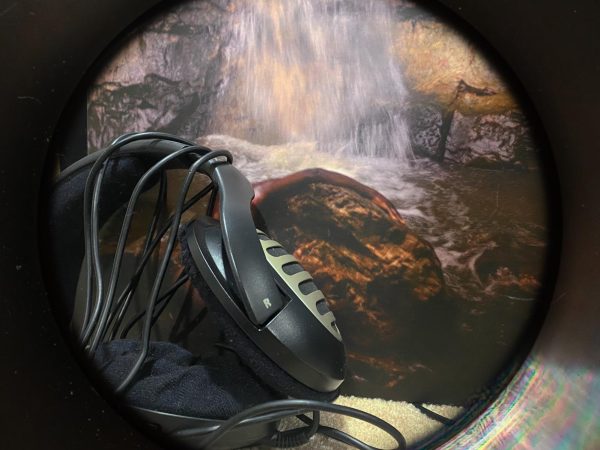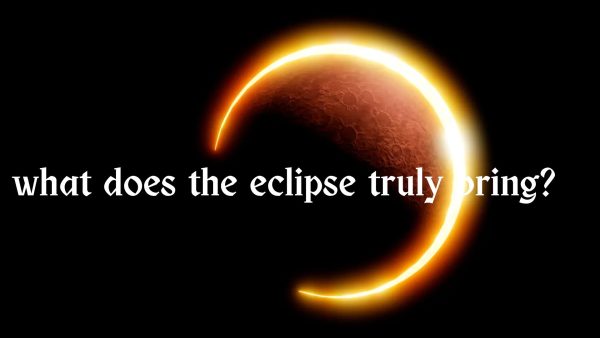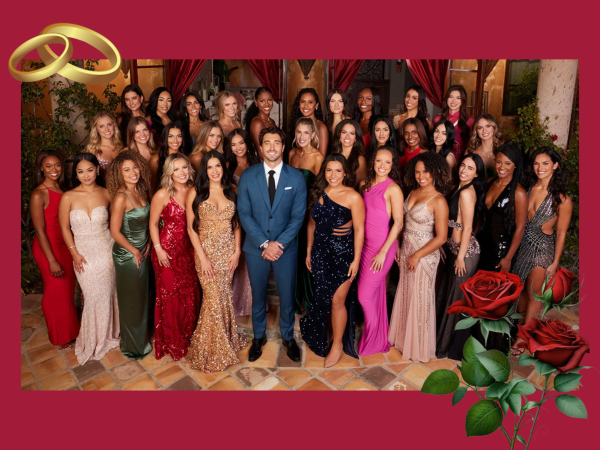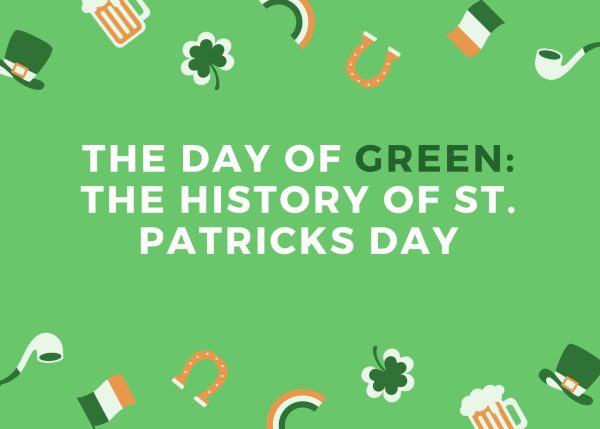“Hallmark”: cookie-cutter and revolutionary
Throughout December, Americans love to watch their favorite Christmas movies such as “Home Alone”, “Elf” and “The Polar Express”. However, certain cookie-cutter movies feel as integral to the holiday spirit as the big box: “Hallmark” movies. Hated by several and adored by hardly any, the cheesiness of the movies holds significant value within the development of other incredibly important holidays, creating an odd relevance to the cult classics.
December 8, 2022
Christmas lurks around the corner, and with it, dozens of other holiday events such as Kwanzaa, poinsettias and discounted shopping begin. The end of the year always brings a variety of festivities and traditions. And true to the modern-day consumer culture in America, cheesy “Hallmark” movies have become the tradition almost everyone loves to hate. From the formulaic topics to the un-thought-provoking lessons, all of the major qualms from the genre stem from the company’s intentions and history.
To understand the ridiculousness of “Hallmark” movies, one needs a basic understanding of the company and its advertising efforts. For those who did not know, the “Hallmark” cable company belongs to the “Hallmark” card company, in a process known as a parent-daughter company relationship.
“Hallmark” began with teenage Joyce Hall in 1910; with his brother, they sold handmade cards to travelers along the railroads. After the removal from the train for causing disruption to authorized sales, they opened a shop in an old bookstore: Hall Brothers INC. The rest soon fell to the books of the time, with the brothers gaining massive amounts of profit from Hallmark holidays; holidays that revolve around commercial viability rather than emotional impacts, including Valentine’s Day, Grandparents Day and other holidays. Regardless of the classic story of the American Dream becoming realized, “Hallmark” also revolutionized advertisement.
“I think that Hallmark is one of those things that you expect that have existed since the dawn of time. I never thought that Holidays can be just, you know, made up, because of all the hoops and suspension of disbelief that you gotta make people do,” senior Abbie Omismore said.
Television allows marketing companies to capitalize on a new playing field and the ability to advertise to the American masses. With sounds, vision and motion increasing in prevalence, marketing to the masses became a true reality for the trade; mid-American capitalists drooled over the opportunity. With the Federal Communications Commission releasing the first television commercial licenses in 1941, the effects grew massive. Economists single-handedly blame television ads for the development of America’s obsession over cars, and Hallmark desperately wanted to tap into that market.
Now the CEO, Hall cautiously started off by creating the Hallmark Hall of Fame, an avenue for the company to pick movies that produced the best type of holiday cheer and provide them a platform. Although, that did not satisfy the advertisers. Therefore, in 1988 —quickly after Hall’s death— they partnered up with the Veterans Integrated Services Network (VISN) to profit from the traditional, conservative values that began to sprout out during the 80s. And that pinnacle factor, with the United States within its Reagan era, defines “Hallmark” movies with their signature story: a strong, independent city woman heading to the countryside for Christmas, finding the love of her life and throwing away her independence for the simplistic lifestyle of domesticity.
“Sure, Hallmark movies are annoying. But, they’re not the worst, either. They’re something you can always expect to be at this time of year. I [definitely] groan whenever I see a ridiculous assumption or theme laced within them, but I love them because they’re bad. It’s like the creation of cowboys: distinctly American,” Omismore said.


















